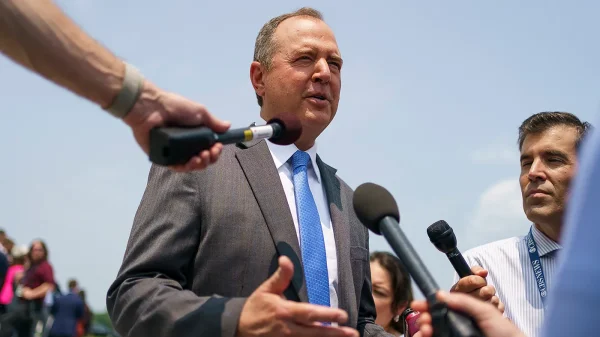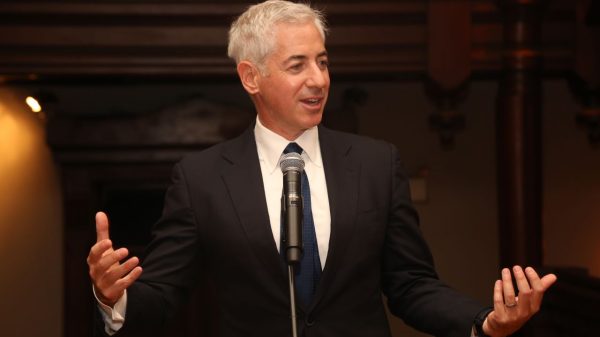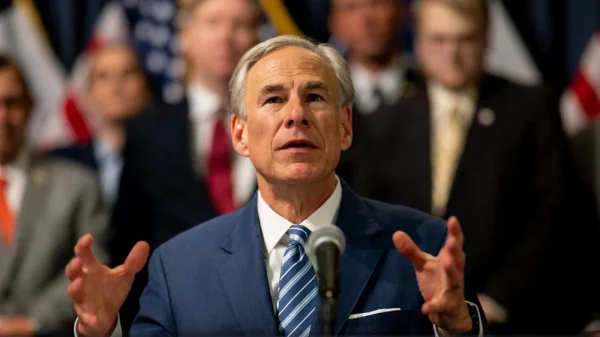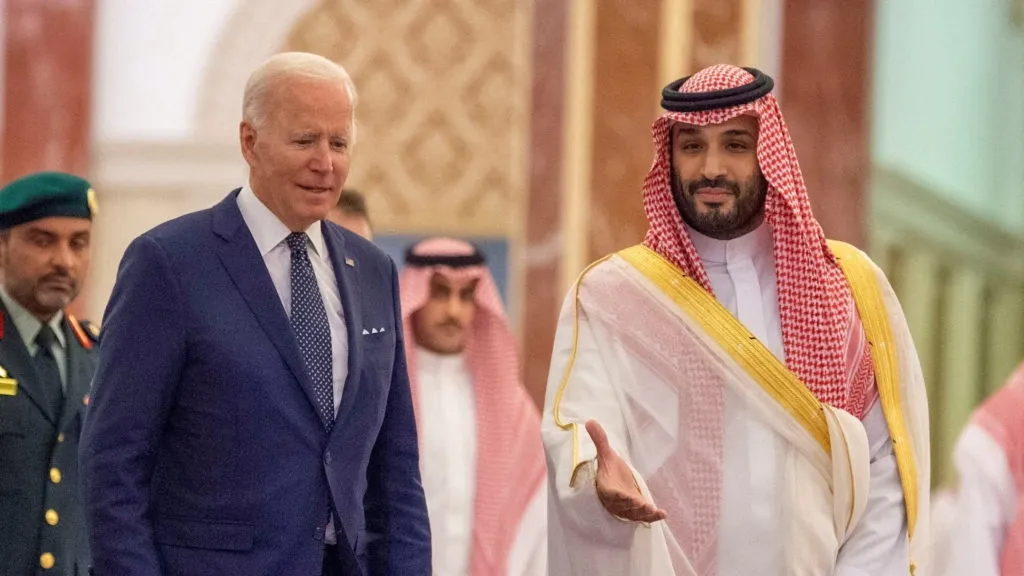Gathered in the West Wing, the guests asked Biden to call for a cease-fire in the war, the person who was in the room said. Some also objected that Biden didn’t seem to show enough sympathy for civilians dying in the conflict, nor the plight of Muslim Americans facing discrimination at home, the person added.
“It was a frank, candid, emotional discussion to drive home the point that we need to see better humanization of Palestinians and recognition of their loss,” the person who attended the meeting said. “Half of Gaza is children, and it was conveyed to the president that his statements fell short and didn’t show empathy.”
“We raised concerns about intimidation and hate against our communities. The president really took that to heart and left the participants hopeful that he would address this.”
In addition to Nashashibi, according to sources, the guests included Keith Ellison, who had been the first Muslim elected to Congress and is now attorney general of Minnesota; Wa’el Alzayat, the CEO of Emgage, a group devoted to educating and mobilizing Muslim voters; Suzanne Barakat, board chair of Our Three Winners, which aims to curb prejudice against Muslims; and Imam Mohamed Magid, of the All Dulles Area Muslim Society.
The meeting comes at a moment when the White House is stepping up its outreach to Arab, Palestinian and Muslim Americans across the country and inside the federal government.
After making a series of public statements at the outset of the war reaffirming his solidarity with Israel, Biden over the past two weeks has recalibrated his language to show more concern for the civilians who’ve died in the Israeli counterattack. He has told Israeli leaders not to let understandable anger over Hamas’ massacre of 1,400 Israelis shape the lethality of the country’s response.
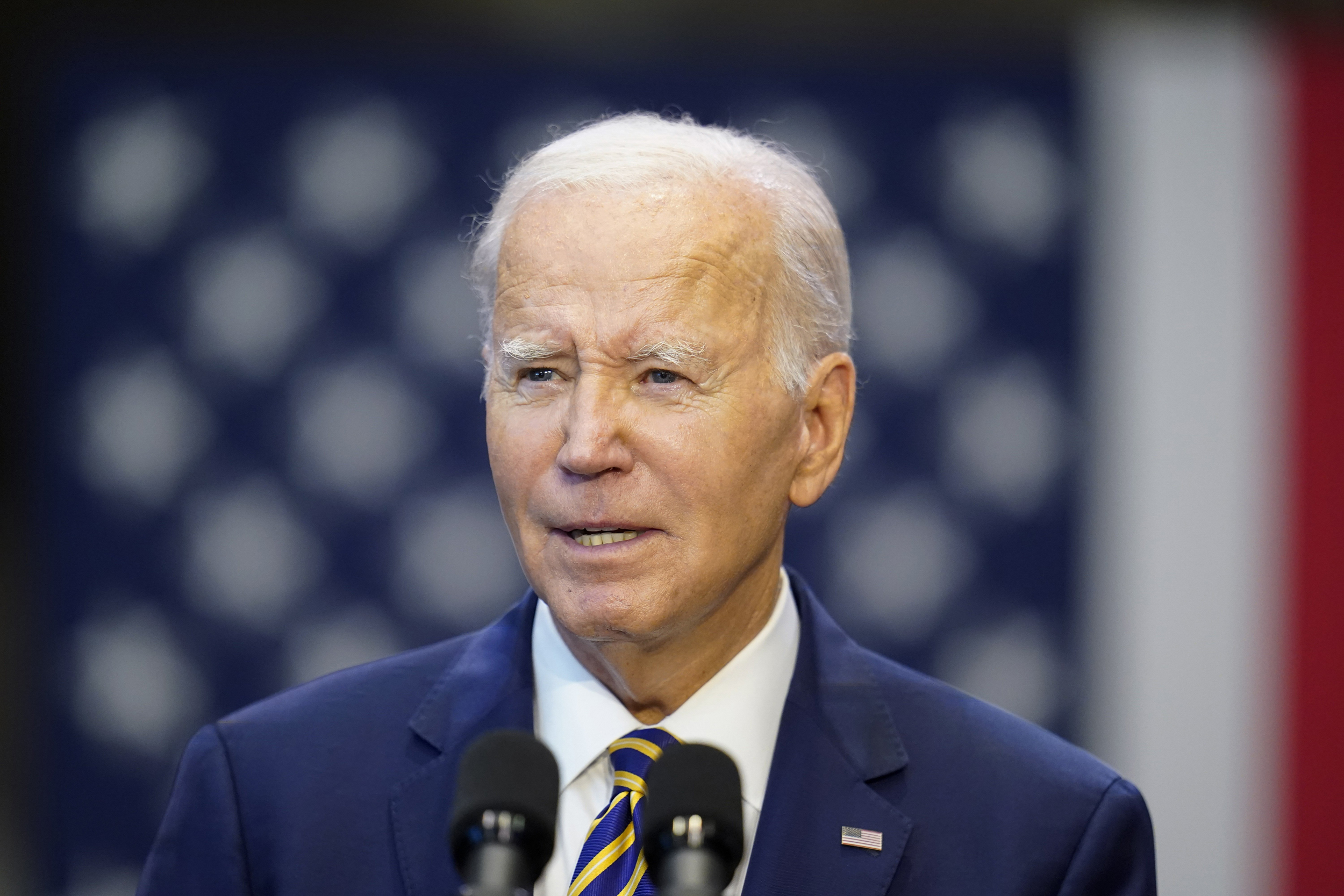
Without Any Fanfare Whatsoever, Biden Hosts A Meeting With Muslim Leaders
Biden, in the meeting, “made it very clear that his administration is working very hard to avoid escalation,” the participant said.
Many Arab-American leaders remain dissatisfied with Biden’s rhetoric, even though he is talking more about the importance of Israeli restraint. At a news conference on Wednesday, Biden was asked about mounting numbers of civilians who’ve died from Israel’s aerial bombardment.
“I’m sure innocents have been killed, and it’s the price of waging war,” Biden said.
The Muslim leaders flagged that comment in their conversation with Biden as an example of hurtful language.
They told him the statement was “very harmful and dehumanizing and, as someone who is known for being an empathic figure, we really need to do better,” the participant said.
Biden’s response was that he merely meant to question Hamas’ credibility in releasing civilian casualty numbers, the person added.
A year away from the presidential election, Muslim leaders are warning that Biden could face a voter backlash over his handling of the war. If successful, the White House’s extensive outreach campaign could help mollify a constituency that is especially important in Michigan, a battleground state that Biden won in 2020.
“I’m not surprised the meeting happened,” said Nihad Awad, national executive director of the Council on American-Islamic Relations (CAIR). “It’s the result of growing pressure on him [Biden] and anger that is growing nationwide against him because of his one-sided, unfair policy.”
“In my personal capacity as someone who voted for him, he lost my vote,” Awad added.











